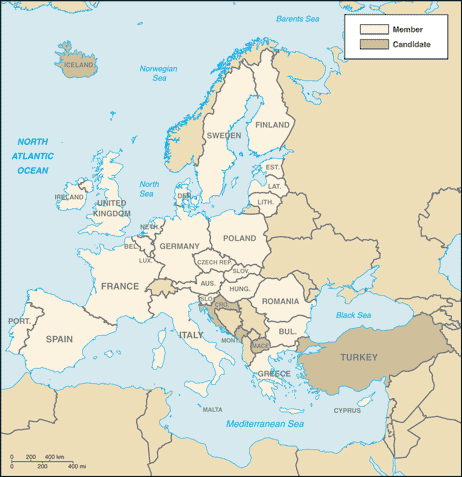In a follow-up to the report of the first diphtheria case in Spain in 30 years, European health officials say the case in a 6-year-old highlights the challenge for preparedness against diphtheria in the European Union.

Because there are so few cases reported in the EU and the fact that there are vaccinated children, health officials are concerned about possible delays in clinical recognition and laboratory confirmation of the disease.
In addition, most urgently is the lack of, or limited access to, diphtheria antitoxin (DAT), the required treatment against toxigenic bacteria.
The European Centre for Disease Prevention and Control says:
Unless healthcare providers in the EU have immediate access to DAT there is a risk that patients with toxigenic diphtheria do not receive DAT treatment soon enough for it to optimise its impact. DAT treatment initiated later than 48 hours after onset of systemic toxic symptoms has limited impact although DAT is, when necessary, offered at any stage of the disease. Therefore, adequate quantities of DAT are essential at national or regional level for medical management of suspected and laboratory-confirmed cases.
In other news from Italy, an increase in meningitis cases in Tuscany has prompted emergency town hall meetings have been called in the greater Tuscan area to advise parents of young children about what vaccinations are available and why the recent deadly strain is not covered by standard childhood vaccinations, according to a La Nazione report (computer translated).
Tuscany has reported 25 meningitis cases, while Florence has seen 9 this year with the most recent case being a 20-year-old Haitian man who went to three night clubs could have been in contact with as many as 2,000 people between three of the clubs.
The patient was being held at a hospital in Florence in the intensive care unit as of June 13.


One thought on “Europe: Diphtheria antitoxin shortage in the EU, Tuscany meningitis cases”